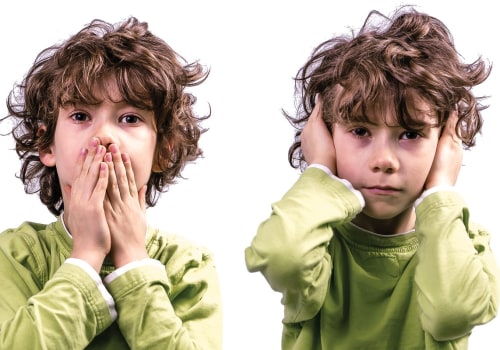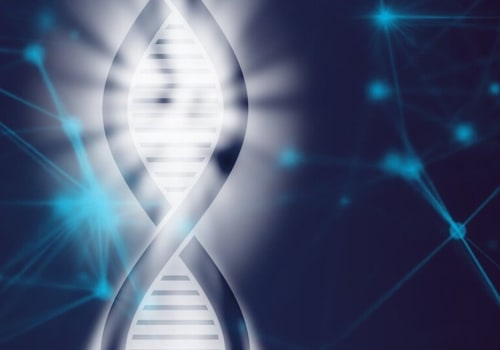Autism spectrum disorder (ASD) is a condition related to brain development that affects how a person perceives and socializes with others, causing problems in social interaction and communication. It also includes limited and repetitive patterns of behavior. The term spectrum in autism spectrum disorder refers to the wide range of symptoms and severity. Common signs of autism include avoiding eye contact, delay in speech and communication skills, dependence on rules and routines, being upset by relatively minor changes, unexpected reactions to sounds, tastes, sights, touch and smells, difficulty understanding other people's emotions, challenges of social communication and restricted and repetitive behaviors.
Early diagnosis and intervention are very helpful and can improve behavior, skills, and language development. However, intervention is useful at any age. Although children usually don't outgrow the symptoms of autism spectrum disorder, they can learn to function well. Children with ASD will have symptoms throughout their lives, but they may get better as they get older.
It is important to note that people with ASD can vary widely in their level of functioning, and not everyone with ASD will experience all of the symptoms listed. Early symptoms and signs in infants can vary, but may include lack of eye contact or decreased eye contact, focusing too much on one topic, and lack of back-and-forth play. Other possible symptoms include learning to talk relatively late, not playing interactively with other children, avoiding eye contact, lack of empathy, and social isolation. Intense focus on an item, lack of response, lack of understanding of social cues (such as tone of voice or body language), repetitive movements, or self-abusive behavior such as banging your head may also be present.
The exact cause of autism spectrum disorder is unknown; however, both genetics and the environment can play a role. There is no way to prevent autism spectrum disorder; however there are treatment options available. If you are concerned about your child's development or suspect that your child may have autism spectrum disorder, discuss your concerns with your doctor. Take the autism spectrum disorder quiz related to the causes, reasons, symptoms, treatment, diagnosis and therapies for this.




Leave a Comment